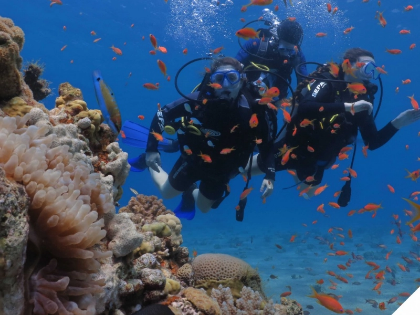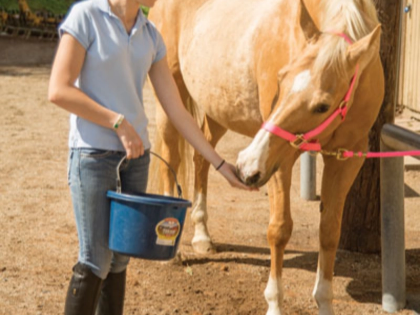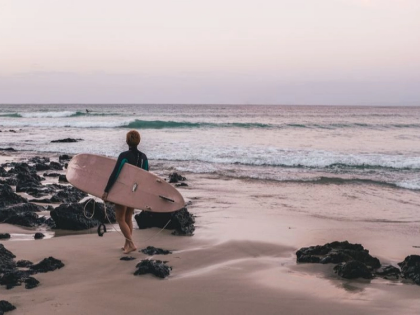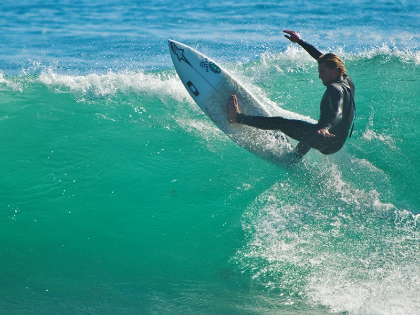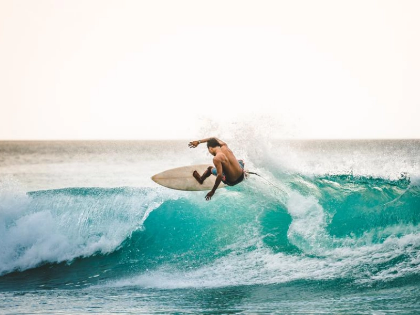Dolphin Surfing: Ethical Wildlife Encounters
Every year, dolphins in the wild travel thousands of miles and encounter a vast variety of natural surroundings. These clever animals are kept in little pools as toys most of the time while they are in captivity. With the growing global concern over captivity, a lot of animal enthusiasts are looking to interact with ethical wildlife. These substitutes have the potential to be equally thrilling as dolphin swimming!
Tours with an ethical bent
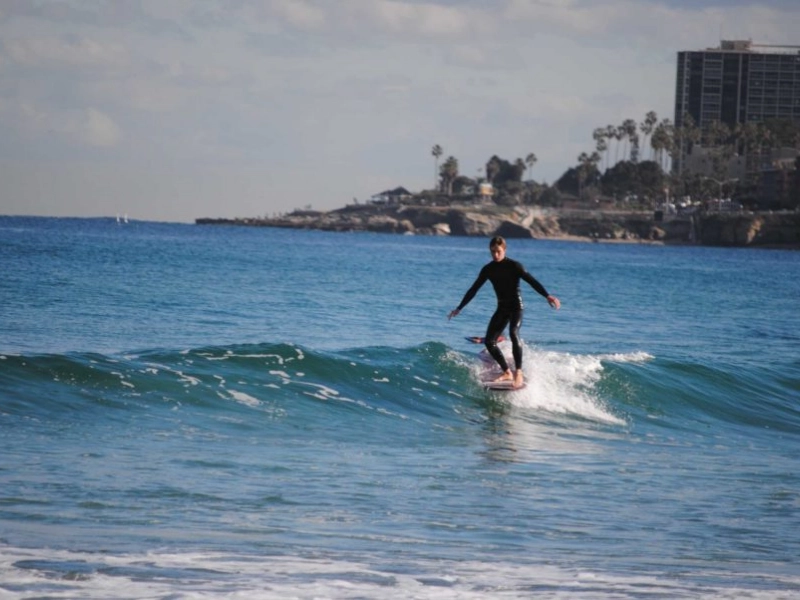
Operators with Ethics
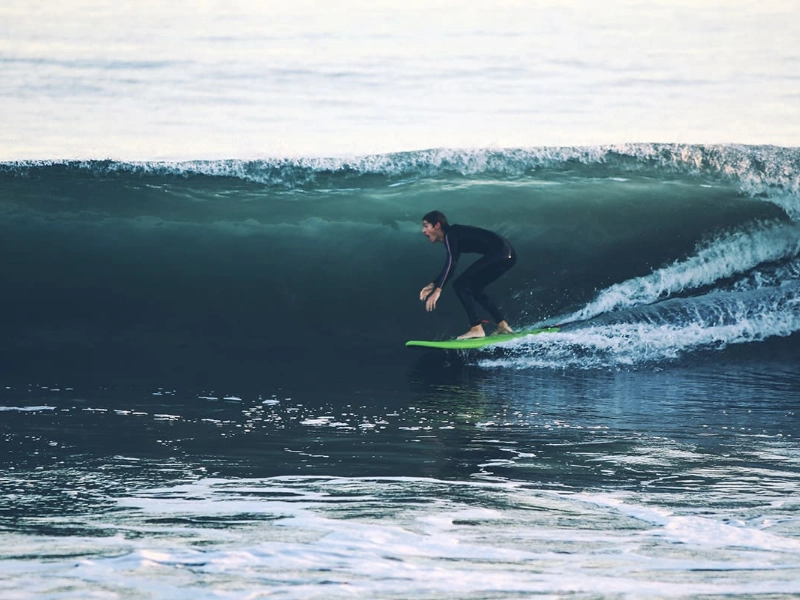 Although a lot of dolphin-watching cruises make ethical claims, the majority actually don't care about the welfare of the dolphins. To disrupt and stress dolphins, some dolphin-spotting cruises, for instance, use bait to entice them and then chase them around the water.
There are other excursions that include swimming with dolphins, which is an unethical activity for various reasons. First of all, swimming with dolphins messes with their migratory habits, disrupting their sleeping and hunting schedules, which could be bad for their health.
Furthermore, the dolphins housed in SeaWorld's "show tanks" endure an incessant barrage of loud music and are made to perform for dead fish twice a day in front of boisterous crowds. Chronic stress is probably caused by this.
When selecting a dolphin-spotting excursion, find out if the operator supports marine wildlife conservation, education, or research projects. Additionally, pick a boat operator who maintains a safe distance between their boats and swimmers based on the kind of dolphin being watched.
Although a lot of dolphin-watching cruises make ethical claims, the majority actually don't care about the welfare of the dolphins. To disrupt and stress dolphins, some dolphin-spotting cruises, for instance, use bait to entice them and then chase them around the water.
There are other excursions that include swimming with dolphins, which is an unethical activity for various reasons. First of all, swimming with dolphins messes with their migratory habits, disrupting their sleeping and hunting schedules, which could be bad for their health.
Furthermore, the dolphins housed in SeaWorld's "show tanks" endure an incessant barrage of loud music and are made to perform for dead fish twice a day in front of boisterous crowds. Chronic stress is probably caused by this.
When selecting a dolphin-spotting excursion, find out if the operator supports marine wildlife conservation, education, or research projects. Additionally, pick a boat operator who maintains a safe distance between their boats and swimmers based on the kind of dolphin being watched.
Guidelines for Ethics
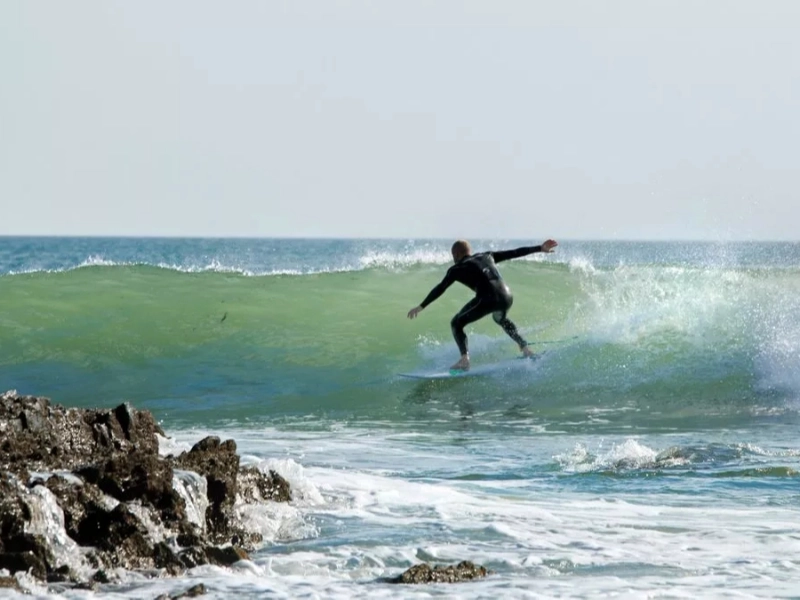 Being in close proximity to humans might cause stress or harm to dolphins, as they are wild animals. Studies have indicated that swimming alongside visitors can disturb the natural feeding, resting, and socialising habits of dolphins. When they come into contact with human skin, they are likewise prone to infection.
Check reviews and ask around for advice from eco-aware tourists before booking a dolphin cruise. Seek out operators who put the wellbeing of their animals first, restrict the number of boats that visit a pod of dolphins, and instruct guests on how to see marine creatures without endangering them.
In the wild, dolphins form vibrant, intricate social groups. A vast array of natural habitats are explored by them annually as they swim hundreds of miles. They become unwell and stressed out when confined in enclosures that are small compared to their natural world. Boats that pursue and follow dolphins might hurt animals and disrupt their regular cycles of behaviour.
Being in close proximity to humans might cause stress or harm to dolphins, as they are wild animals. Studies have indicated that swimming alongside visitors can disturb the natural feeding, resting, and socialising habits of dolphins. When they come into contact with human skin, they are likewise prone to infection.
Check reviews and ask around for advice from eco-aware tourists before booking a dolphin cruise. Seek out operators who put the wellbeing of their animals first, restrict the number of boats that visit a pod of dolphins, and instruct guests on how to see marine creatures without endangering them.
In the wild, dolphins form vibrant, intricate social groups. A vast array of natural habitats are explored by them annually as they swim hundreds of miles. They become unwell and stressed out when confined in enclosures that are small compared to their natural world. Boats that pursue and follow dolphins might hurt animals and disrupt their regular cycles of behaviour.
Security
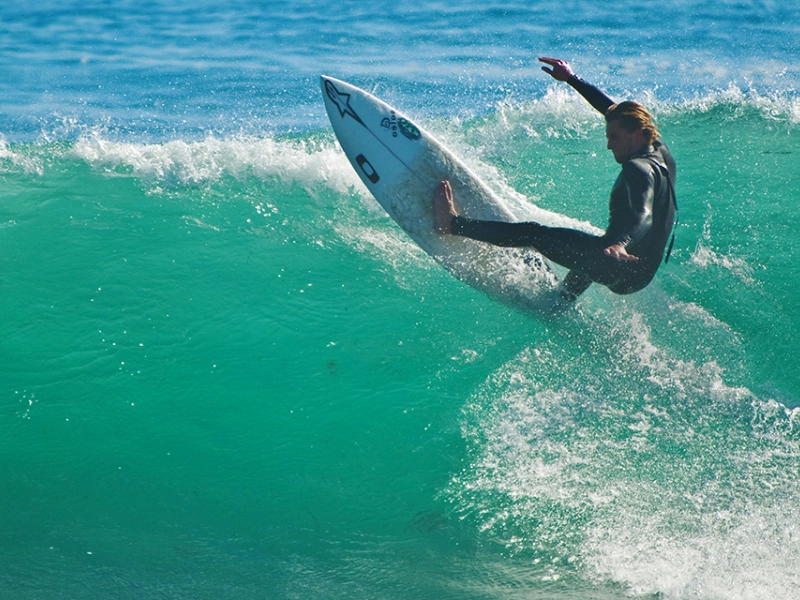 Although they can be hostile, dolphins have been known to herd sharks and even save humans who are drowning. They may swim in tight circles around surfers or swimmers in an attempt to push them closer if they feel threatened. In addition to endangering people, this may have long-term effects on dolphin populations.
Operators of dolphin cruises that practise responsibility recognise the value of maintaining a respectful space between people and marine life. Because of this, they will never purposefully allow seals or dolphins to get into their boats so that people can go swimming with them.
Furthermore, they will never swim close to locations where dolphins are known to feed or use bait in an attempt to entice dolphins onto their boat. At a time when they should be resting or hunting, this could place the animals in a stressful predicament. It's also critical to keep in mind that dolphins are large-toothed predators in the wild that may be extremely aggressive if they believe that humans pose a threat.
Although they can be hostile, dolphins have been known to herd sharks and even save humans who are drowning. They may swim in tight circles around surfers or swimmers in an attempt to push them closer if they feel threatened. In addition to endangering people, this may have long-term effects on dolphin populations.
Operators of dolphin cruises that practise responsibility recognise the value of maintaining a respectful space between people and marine life. Because of this, they will never purposefully allow seals or dolphins to get into their boats so that people can go swimming with them.
Furthermore, they will never swim close to locations where dolphins are known to feed or use bait in an attempt to entice dolphins onto their boat. At a time when they should be resting or hunting, this could place the animals in a stressful predicament. It's also critical to keep in mind that dolphins are large-toothed predators in the wild that may be extremely aggressive if they believe that humans pose a threat.

